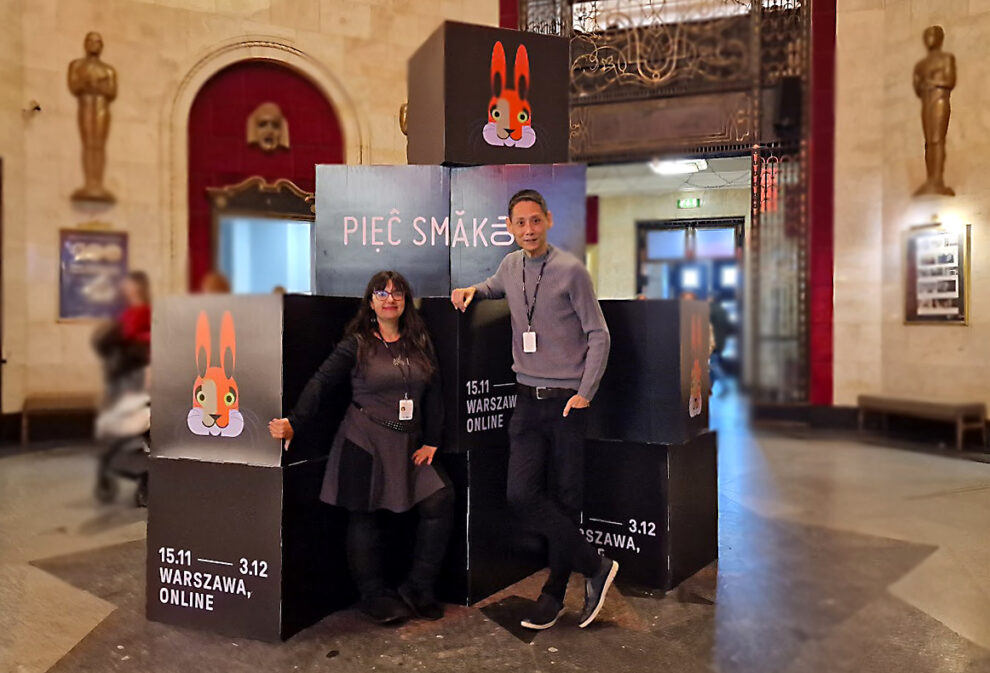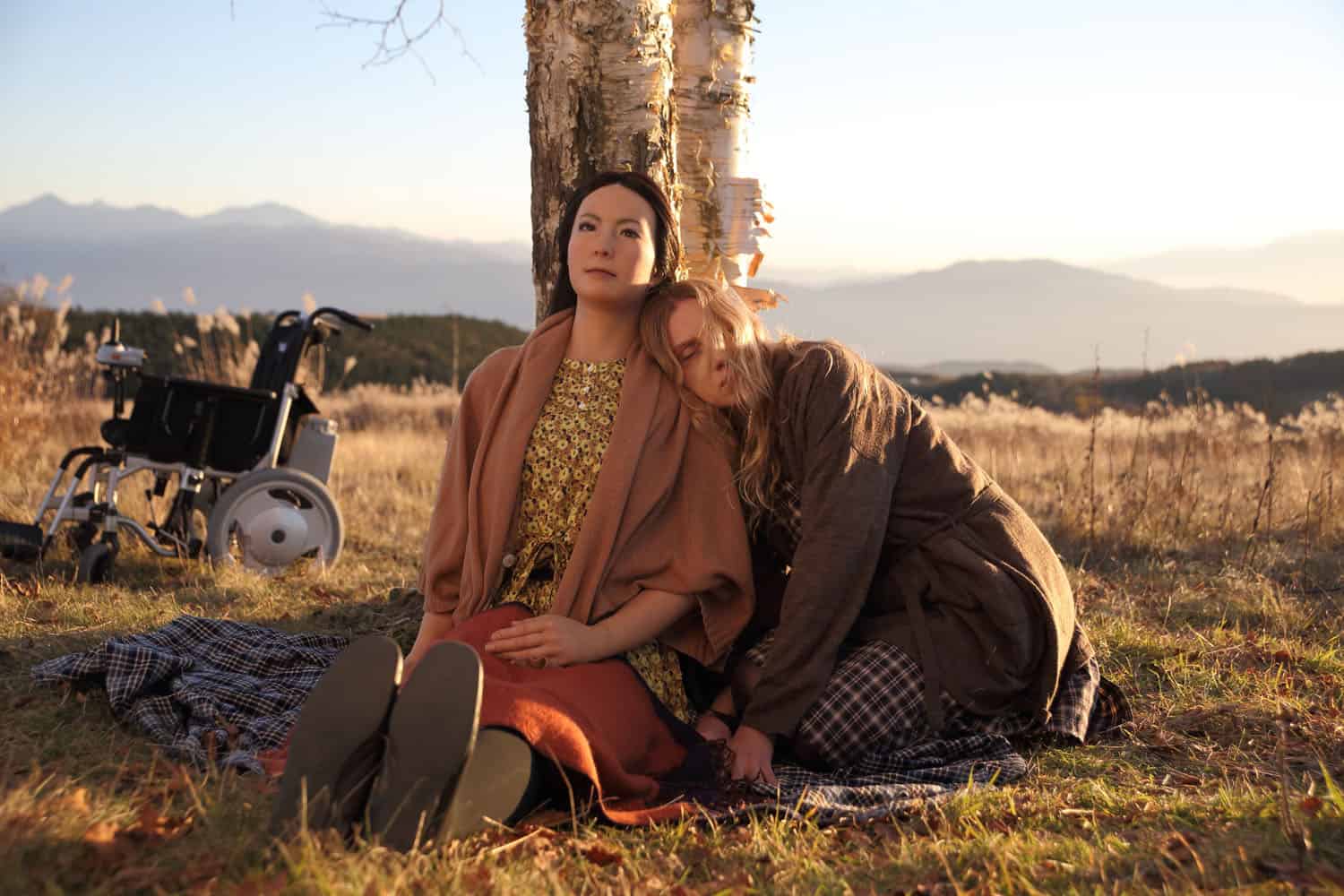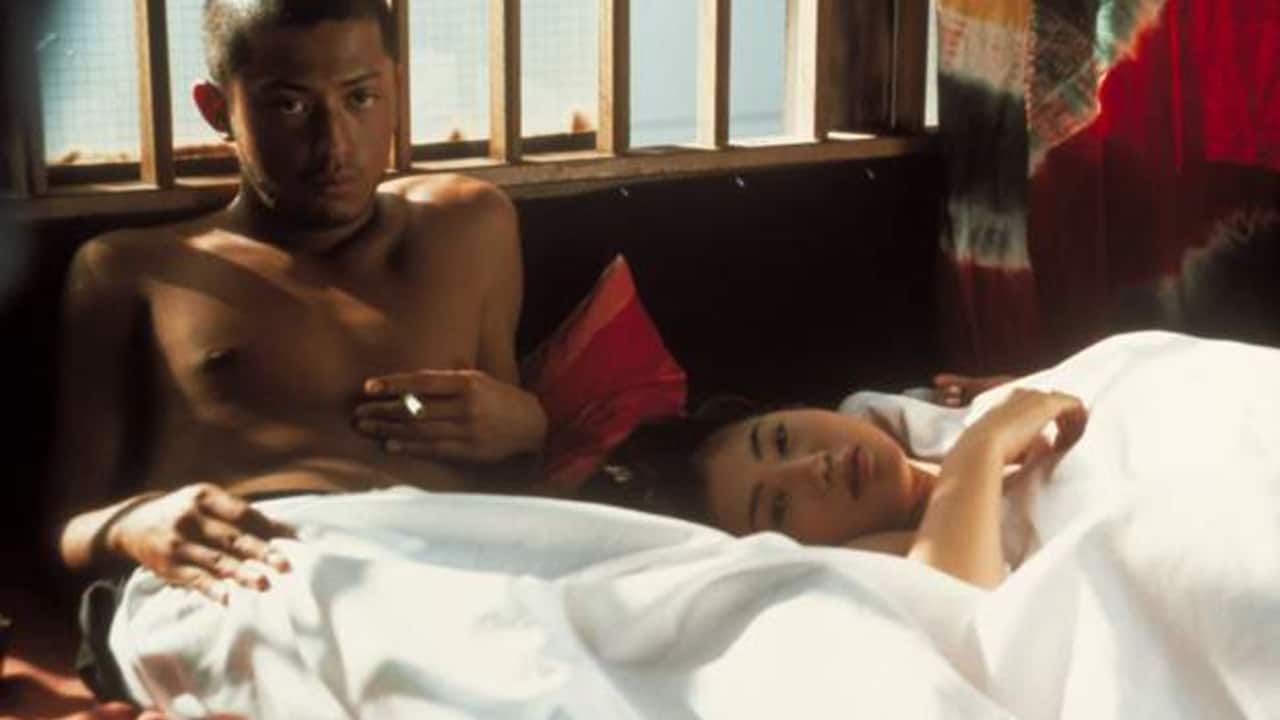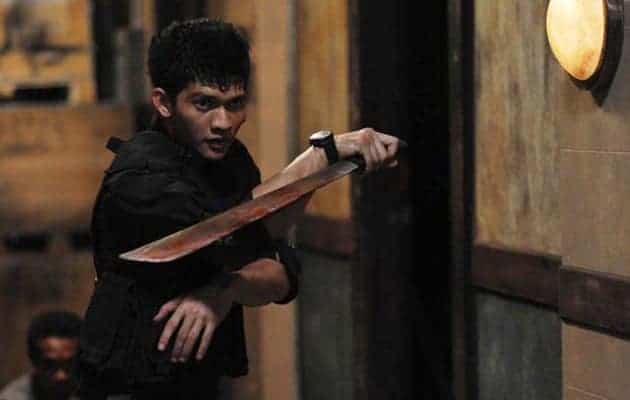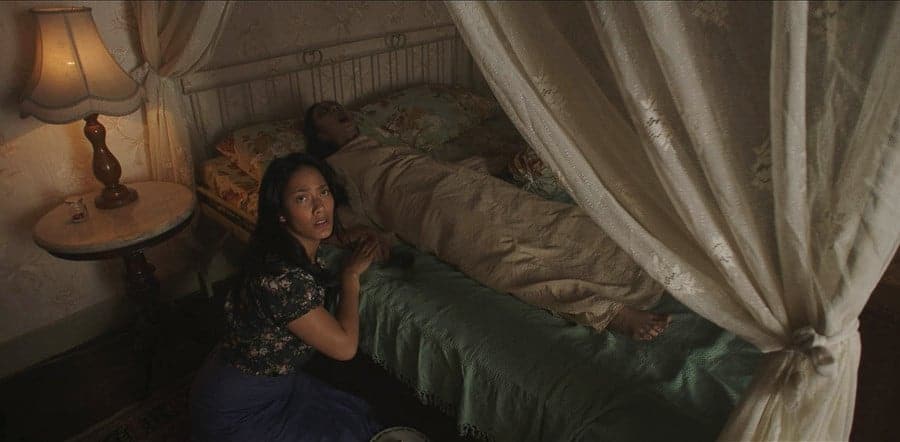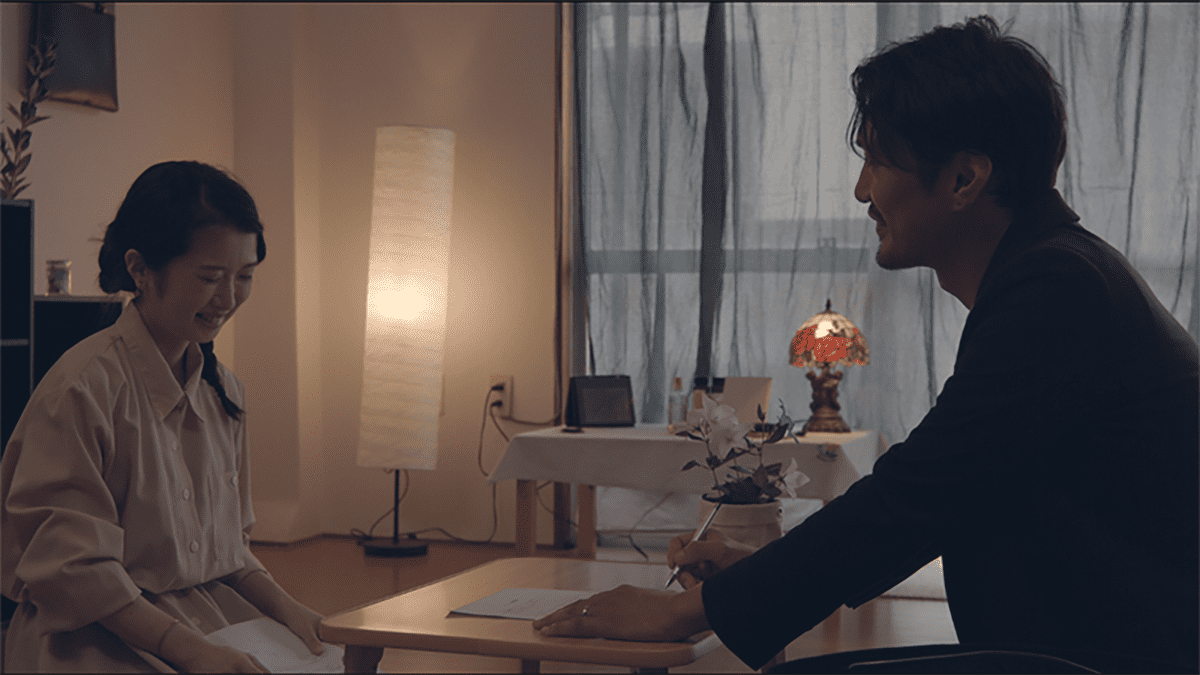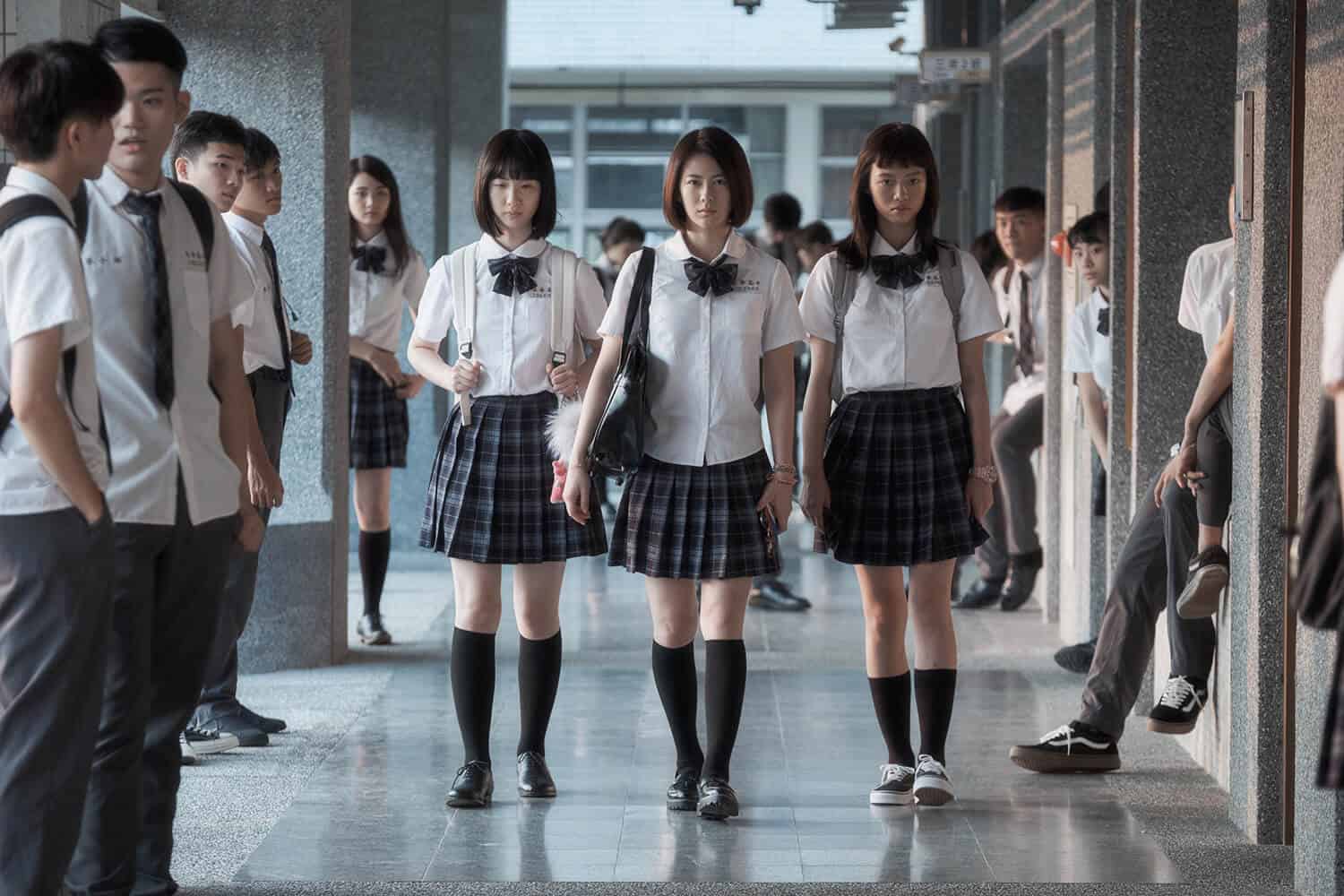Jin Ong worked for 20 years as a talent manager, then set up his own production house, Moore Entertainment, which produced many important Malaysian films, e.g. “Shuttle Life” (2017), the first Malaysian movie nominated for the Golden Horse Awards. “Abang Adik”, a touching social drama, is his feature debut, which won the hearts of both audiences and juries during Festivals in Fribourg, New York, and Udine. It also made it into the top 10 of our “The 30 Best Asian Movies of 2023” list. We met the first-time director at the Five Flavours Film Festivals to discuss his movie, diving into complex social issues of Malaysia, but also reflected about goodness and the love for humanity.
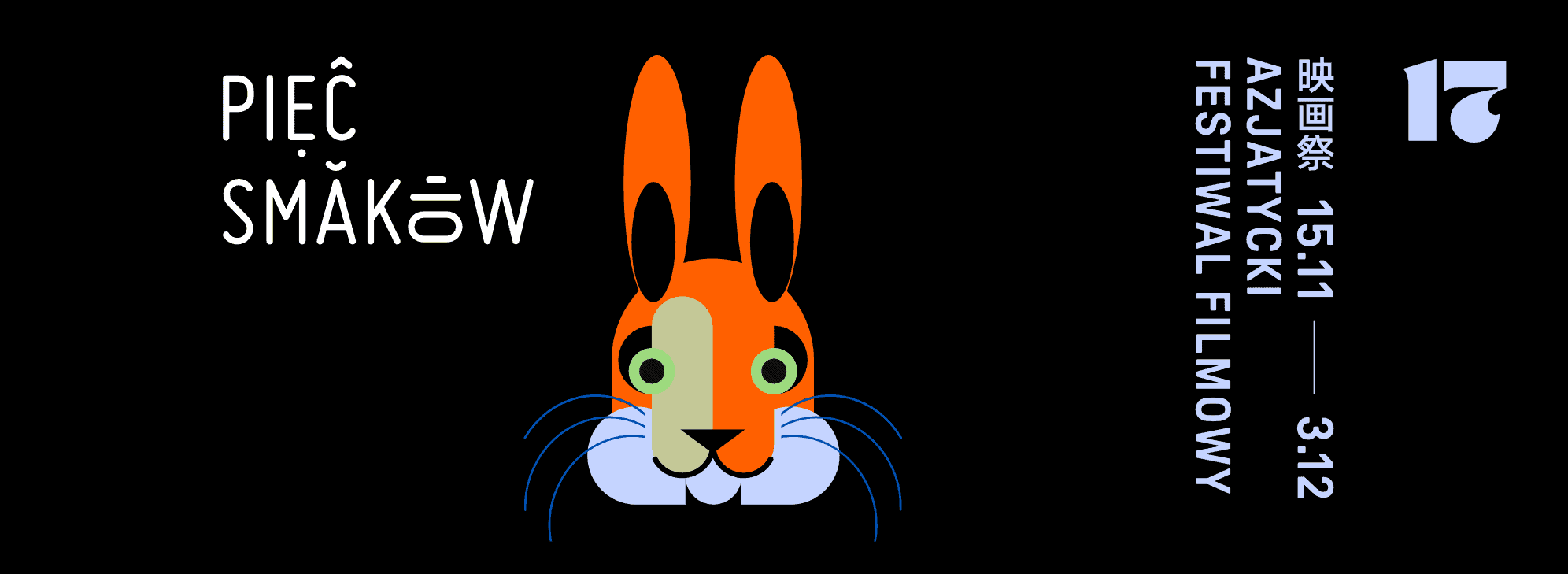
I wonder what is your relation with Kuala Lumpur and why you wanted to portray the city. Its image in the movie is fascinating, full of life, vibrant, and diverse.
I wasn't born in Kuala Lumpur. I come from the north. But all the Malaysian children, when they grow up, dream about going to Kuala Lumpur. It's a big city, offering lots of opportunities. I lived there when I came for my studies. I love this city, although the rush, hustle and bustle of the metropolis, tires me. Before I became a director, I was a producer. I always wanted to share stories from the place where I grew up. And I always wanted to talk about people who live in my homeland. I focus on relations between people. I am always looking for something I call the love between a human being and people, no matter what their background is. I feel strongly connected to the city because I've been discovering it for 30 years. Over time, I've encountered so many stories in the city. You can come across many even in the most unexpected places. Behind the corner of a small alley there may be something very unique and different. Malaysia is multicultural. So you will meet Chinese, Indian and Malay people. Because of the mixture of multiple religions and cultures, we get a lot of interesting stories.
Is it a good place to live in?
The common belief is that big cities are great places to live. But I don't think so. There are nooks and crannies in them, hidden from public view, where life is neither easy nor good. And there are people from the parts of society whom we prefer not to talk about. I eagerly observe the complex social tissue of Kuala Lumpur. In 2017' ‘Shuttle Life”, which I produced, we talked about mental health and poverty in the big city. How the simple family struggles. In 2019 we did the story about the situation of transgender people in Malaysia.
In “Abang Adik” I wanted to focus on stateless people. But you see no matter what kind of social issue I tackle, I always think about people first. Humanity and love for mankind is very important part of every story. Because it's a way to survive. Also, I want the audience to be aware that in Malaysia, we deal with so many social problems.
I want to ask you further about the stateless. Because this is a problem very unfamiliar to the Western audience.
Check the review of the film
The law automatically grants children citizenship if their father is a Malaysian citizen (no matter if of Malay, Chinese, or Indian descent) and if their parents are legally married. The nationality of the mother is not important. Parents are not always aware of the significance of registering their child's birth. However, without a birth certificate, it is difficult to prove that the child was born in Malaysia. Lack of birth certificates as well as the lack of marriage certificate of parents results in not being able to obtain identity cards. In Malaysia being “stateless” is like being invisible. Without citizenship, children may be refused school admission, and so on. You cannot have a bank account. Those who are born stateless are not recognized by the government as Malaysian citizens. But they can't be expelled as well because they don't belong to any other country. Sometimes, when a stateless person without a birth certificate can prove that their parents were legally married, and the father was Malaysian, they can go to a certain government department and reapply for the identity card. So this is what happened in the case of two brothers. The younger brother at least has a birth certificate. But the elder brother doesn't. He cannot track back in which hospital he was born. He lost touch with his father and was very angry with him as he left the family.
The regular citizen ID card (which is compulsory) is blue. There are different color cards representing different residential statuses. Stateless people have no card at all. A red color identity card is only a bit better compared to no ID. But still, you cannot have a bank account, you cannot apply for a passport or a driving license. So what is the difference between a red card and no identity? You can at least prove that you are allowed to stay here. With no identity card, when you see the police, you better run away. If you get caught, and can't show any proof, then you may go to jail.
That sounds harsh.
The government has been doing nothing to solve the problem.
And are there many organizations that try to help people with stateless status?
Yes, there are a lot of NGOs helping, and even some of the politicians. But you see, the policy, the rules, they are not easy to change. The government keeps changing, but no one has tried to settle the issue till now. There are so many concerns. It's three years after the pandemic, right? With the identity card, we can get some form of post-pandemic financial support from the government. Then how about them? They were also born in Malaysia, but without the card, they are left with nothing. Also, they face numerous problems at work. Their employer can cut their salary or won't pay them at all. And they can't complain, because who would listen? This is unfair.
Stateless are not the only excluded people that are present in your movie. Why did you want to give them a voice?
These kinds of stories happen in Malaysia and I want people to be aware of that. I don't give solutions. I just portray reality. Important social issues can't be solved by one movie. Though movies are a good medium to deliver the message to different countries, and different audiences. All the characters from my film are looking for their identity, let it be national identity or gender identity. This is something connecting them. Also, by portraying those characters I am wondering why they cannot have the things that we can easily have. We are all human beings. I remember a critic in Italy saying that I am portraying hope in a world without hope. But for me, this is our normal life. In Malaysia, we deal with this kind of issue daily. All the cases shown in the movie are from my research with NGOs. The movie is going to be released next month in Malaysia. So I wonder if government members are going to watch it. I hope it will begin a discussion.
Yeah, let's hope it will.
Of course, I don't want to fight with the government or the police. I just want to explore the issue and bring more awareness to the public.
Could you tell me something more about the decision to make one of your characters mute and deaf?
In the early draft of the script, the elder brother could speak and hear. But I thought it would be an interesting metaphor. He represents the whole part of society that is invisible and silent. They fight for their dignity and rights, but there's not much they can do. This group is silenced in Malaysia. I think the message is more powerful this way.
In the context of the movie, what does family mean to you?
I have an amazing family. I love my father, my mother and I often hug or kiss them. In a traditional Chinese family, people are not showing affection very often. But we do. Family for me is very important. Since I was a little kid, I felt a lot of love from my parents and my sisters. My family is my source of support. It gives me the energy to do everything. When I get hurt, when I feel sad, I know they are always there for me. Because my family, no matter who is facing any problem, we always cover for each other.
I'm asking because in this story we have brothers who are not tied by the ties of blood. Also, there is Money, a motherly figure for them, who is also not related. They are family by choice.
One of the critics in Hong Kong told me that my film is just like a mirror reflection, it reflects reality. And that after watching this film he got the feeling that you should cherish what you have. These two brothers, although their life is harsh, share such a simple, yet strong love. They have only each other. And this gives them strength. When people struggle with similar problems, in a way it's easier for them to take care of each other. Especially if they are from the same circle, which enables them to better understand common problems. I've been a foreign worker in Taiwan. Even though I can speak Mandarin, and many Taiwanese can speak Chinese, for them, I was still just a foreign worker. They often thought I was Filipino. I was staying in a workers' hostel where many Filipinos lived. They helped me a lot. Guided me, where's the best spot to get a meal, buy food or different stuff I needed. I got so much love from them. From the factory workers, not the local people. It's not easy when you are in such an environment. You are not someone familiar. You have no family, no friends. So sharing these similar experiences brings together, creates ties, and makes people willing to share.
Yes. I was impressed by the way you portrayed this bond between brothers. And I wonder how you worked with the actors to build it.
They are excellent actors. The actor playing the elder brother is not from Malaysia but from Taiwan. The other one is Malaysian. So the elder brothers came to Malaysia two months before the shooting and stayed with the younger brother. They started building their relationship, working together, eating together, learning how to chop a chicken at the wet market, and such. Because the older brother couldn't speak Malay, the younger one was helping him with translations. So before we started shooting, they were like real brothers. Also, they learned together how to use sign language. However, the sign language the character uses in the movie is not a standard Malaysian sign language, but a very basic version. Our consultant told us that because he probably lacks proper education, his communication is very simple. He couldn't have learned it. In the movie, you see the elder brother communicating only with people who know him well: the younger brother, the social worker, and Money. The communication between brothers is often non-verbal, just gestures and mimics. As for the bond between the actors, I reminded myself something. When we rehearsed the last scene with them saying goodbye, after the rehearsal, both of them were crying. They couldn't stop. The emotions of the scene were so intense for them.
Check also this article
Also part of their bond is this special egg-cracking ritual. I wonder where this idea came from. Is there some real story behind it?
When I was in primary school, there was one friend who came from a poor family. He didn't have pocket money to buy food and snacks. His mom used to give him hard-boiled eggs. And he was always cracking eggs like that, using his forehead. So when I was writing this script, I decided there must be a kind of ritual between the two brothers. Something very special belonging only to them and understood only by them. So I recalled this school friend and included this element.
I would like to come back to the character of Money. Because the way she treats the boys is so touching. And, all the characters in the movie, although they live in a very harsh reality, they are very tender towards each other.
Money is just like their mother, taking care of them. And they also treat her like their mom. I wanted to show a kind and sincere character in this film. Not everyone having a tough, harsh life is bad or struggling. Showing Money as this tender, caring person was very important to me. When I was researching the subject of transgender people in Malaysia for one of my previous projects, I learned they were not happy. Do you know why? Because they feel lonely. Malaysia is a Muslim country and based on religion, they are not accepted by a large part of society, even their families. They stay together, with other friends. But with no love and support from their families, they experience loneliness. So Money is very important, as she gives the boys her love and care.


